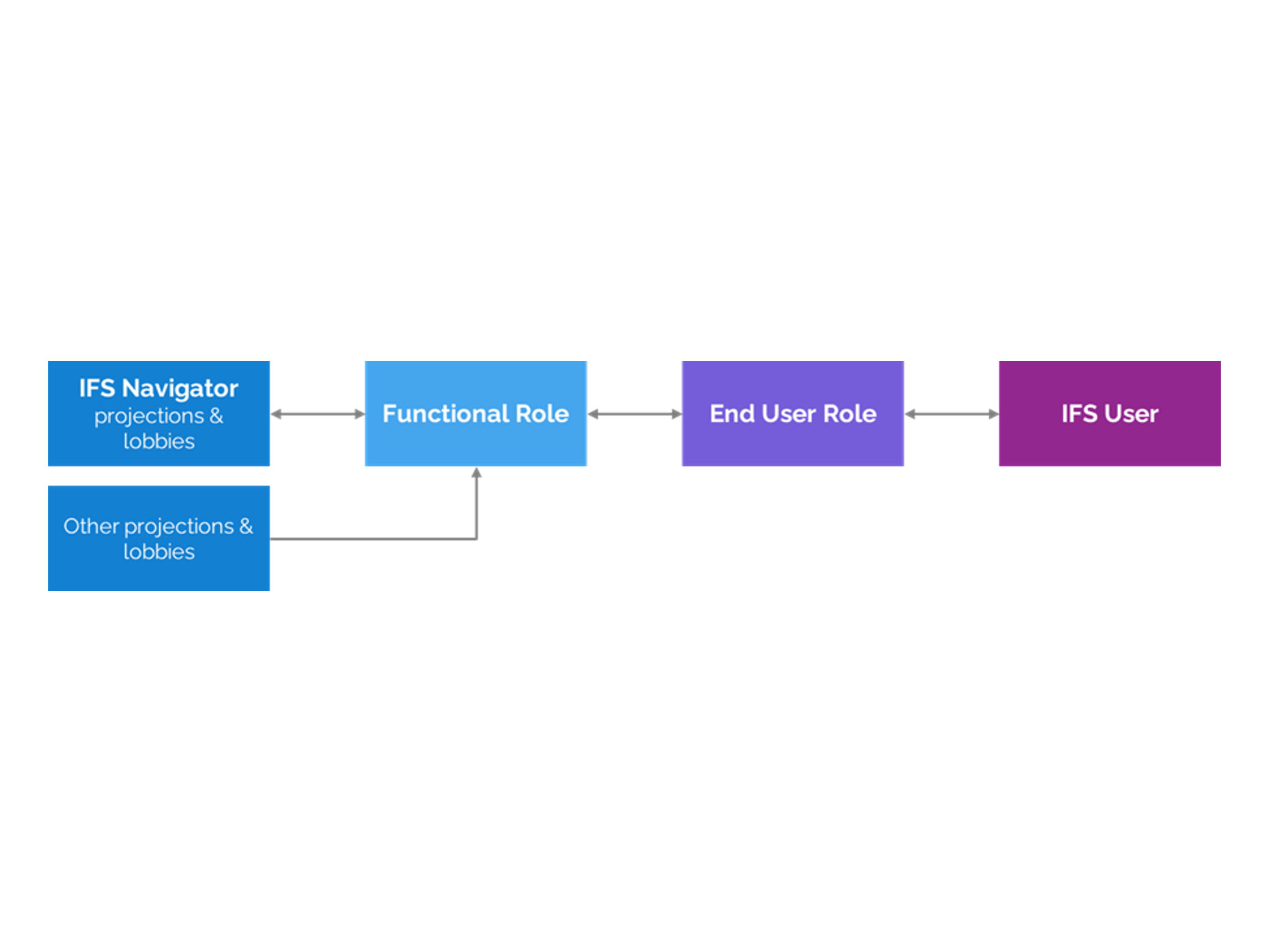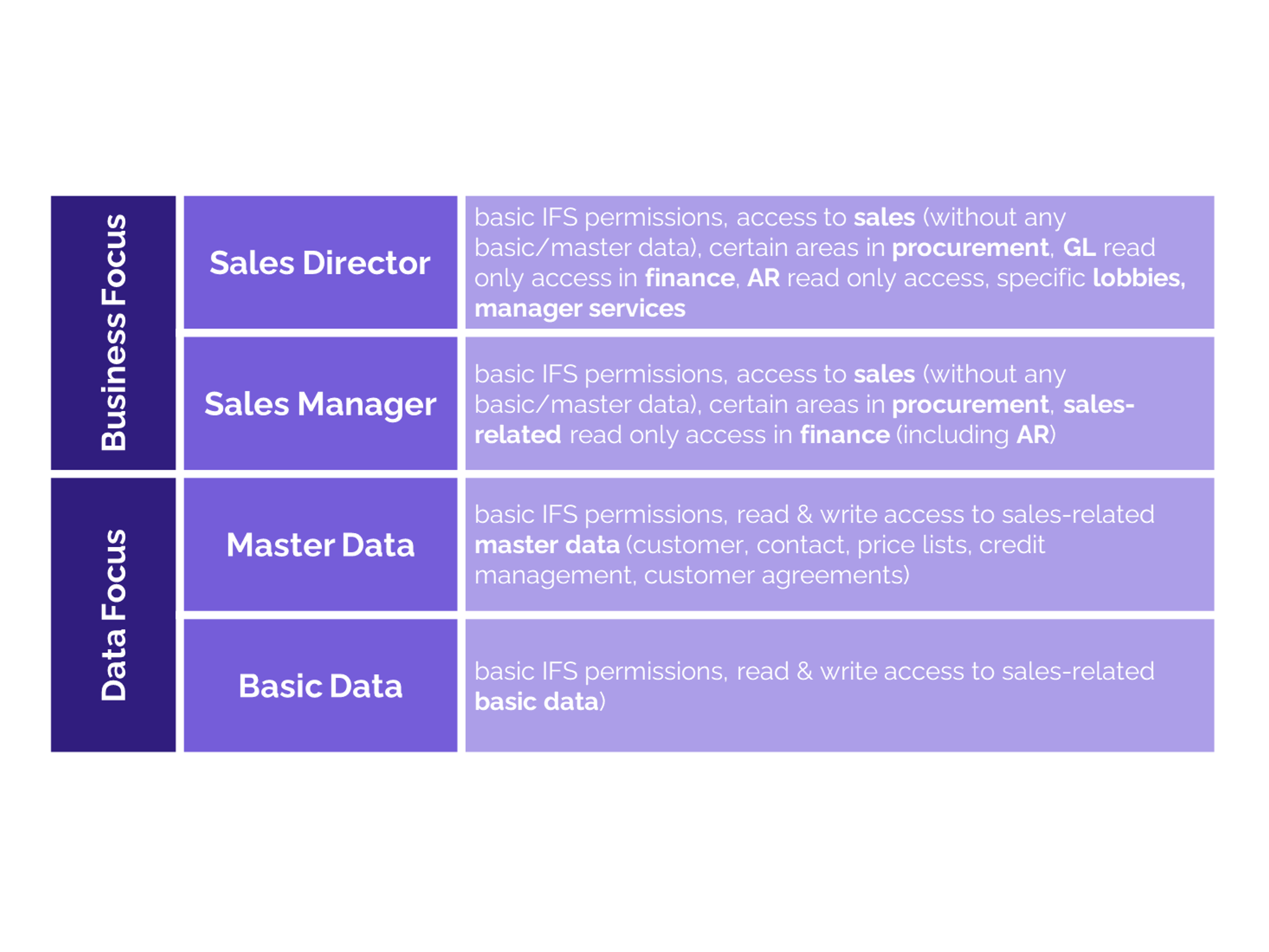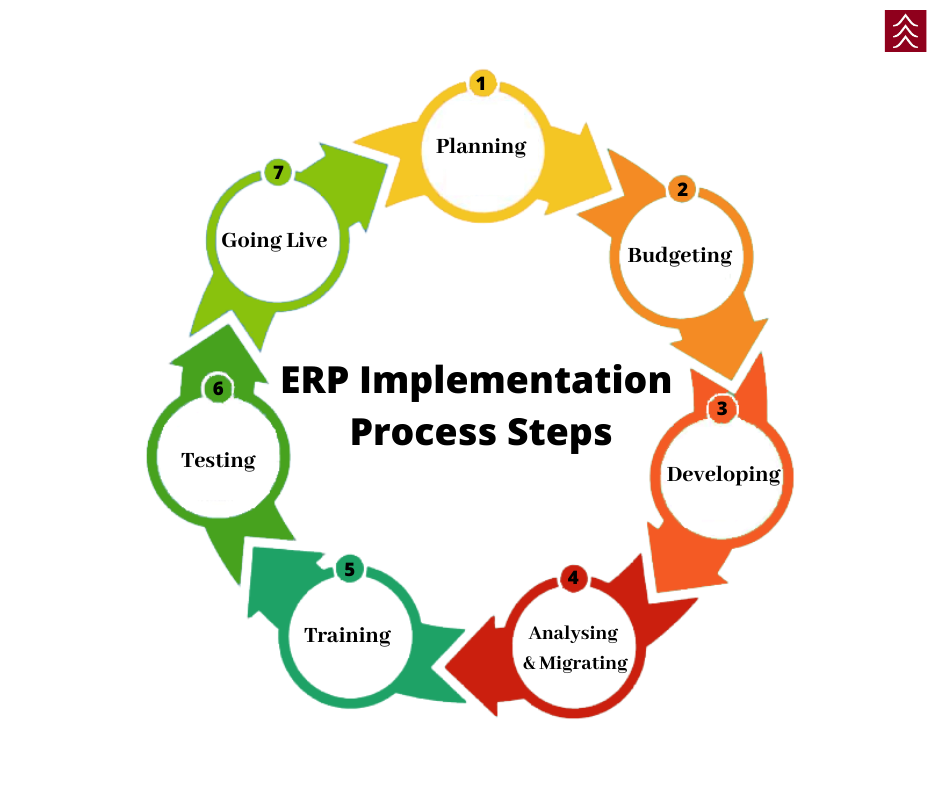Top 3 best practices for creating training material in ERP projects - some thoughts and experiences about the use of ClickLearn in IFS implementations
In this short post, I want to share three best practices during my last IFS implementation. As a consultant, I regularly support our customers in implementation projects. In this case, I acted as training manager for our client.
Best practice #1: involve the right people at an early stage
Within this project, we worked with 36 recorders belonging to eight different processes (finance, sales, logistics, ...). Together with this team, we recorded more than 500 different scenarios just a few weeks before the start of the training. We chose the time for this project step as late as possible as the training material and the final system should appear as identical as possible. However, this approach gave rise to a number of risks.
As a training manager you might easily feel overwhelmed and the recorders may not get the needed support. It is therefore best to get the right people on board early on. Even before recording starts, you should train at least one person per process in the training software. These people then act as ClickLearn coordinators and are experts for their respective process. They can solve recurring problems and answer standard questions quickly. The training manager is thus relieved and can concentrate on the more complex questions.
Best practice #2: prepare checklists
ClickLearn is straightforward and new recorders familiarize with the new software quickly. However, the devil is in the details. Setting the required screen resolution, closing all other application windows, or adhering to the appropriate naming conventions may seem like minor details. But if forgotten, they could complicate a successful creation of appropriate training recordings. A bit like the saying goes “an ounce of prevention is worth a pound of cure”, a suitable checklist for everybody is a useful best practice with a strong impact on quality and consistency, resulting in significant time-saving potentials.
Best practice #3: Support the process with a collaborative platform
All the experts involved – the training manager, training coordinators and the recorders need to work together. Of course, the entire training process can be controlled and coordinated in a quite conventional way through e-mail correspondence. However, this is highly time-consuming and non-transparent. As a training manager, at best you should have access to a modern tool that simplifies collaboration. All participants should be able to access the latest information in real time and work simultaneously. In our projects, we like to use a platform we developed together with Trovarit AG, a spin-off of RWTH Aachen University. Grouping different scenarios based on the processes, assigning appropriate recorders, controlling the progress of content creation - this platform offers you all the features and information you need as a training manager.
Best practice #1: involve the right people at an early stage
Within this project, we worked with 36 recorders belonging to eight different processes (finance, sales, logistics, ...). Together with this team, we recorded more than 500 different scenarios just a few weeks before the start of the training. We chose the time for this project step as late as possible as the training material and the final system should appear as identical as possible. However, this approach gave rise to a number of risks.
As a training manager you might easily feel overwhelmed and the recorders may not get the needed support. It is therefore best to get the right people on board early on. Even before recording starts, you should train at least one person per process in the training software. These people then act as ClickLearn coordinators and are experts for their respective process. They can solve recurring problems and answer standard questions quickly. The training manager is thus relieved and can concentrate on the more complex questions.
Best practice #2: prepare checklists
ClickLearn is straightforward and new recorders familiarize with the new software quickly. However, the devil is in the details. Setting the required screen resolution, closing all other application windows, or adhering to the appropriate naming conventions may seem like minor details. But if forgotten, they could complicate a successful creation of appropriate training recordings. A bit like the saying goes “an ounce of prevention is worth a pound of cure”, a suitable checklist for everybody is a useful best practice with a strong impact on quality and consistency, resulting in significant time-saving potentials.
Best practice #3: Support the process with a collaborative platform
All the experts involved – the training manager, training coordinators and the recorders need to work together. Of course, the entire training process can be controlled and coordinated in a quite conventional way through e-mail correspondence. However, this is highly time-consuming and non-transparent. As a training manager, at best you should have access to a modern tool that simplifies collaboration. All participants should be able to access the latest information in real time and work simultaneously. In our projects, we like to use a platform we developed together with Trovarit AG, a spin-off of RWTH Aachen University. Grouping different scenarios based on the processes, assigning appropriate recorders, controlling the progress of content creation - this platform offers you all the features and information you need as a training manager.
Who is 2BCS?
2BCS AG was founded in 2006 with offices in St. Gallen and Zürich. The company, solely owned by Dr. Martin Brogli, offers process-oriented, independent consulting services for digitalization. 2BCS AG creates application strategies, carries out evaluations in the ERP, CRM and MES environment and offers implementation services. To date, more than 250 medium-sized industrial and commercial enterprises in Switzerland and abroad have been advised. According to NZZ, 2BCS AG is the largest and most successful independent evaluation and implementation consulting company in Switzerland. The secrets of success are competent consultants contributing their knowledge, experiences and skills to the customers.Contact us




